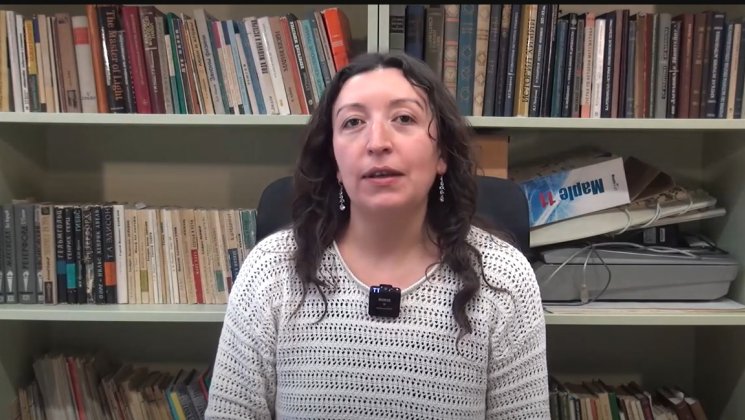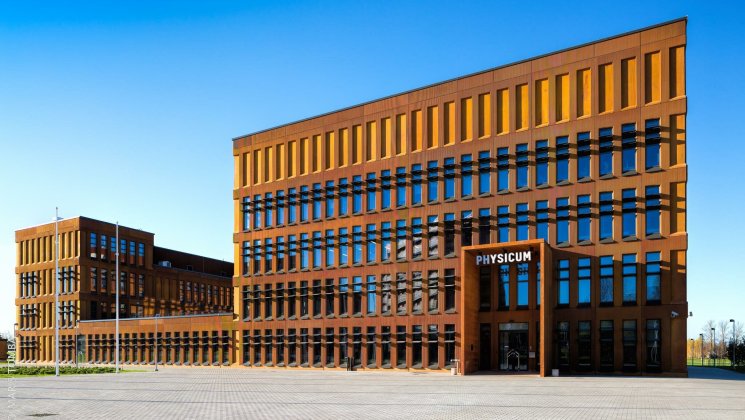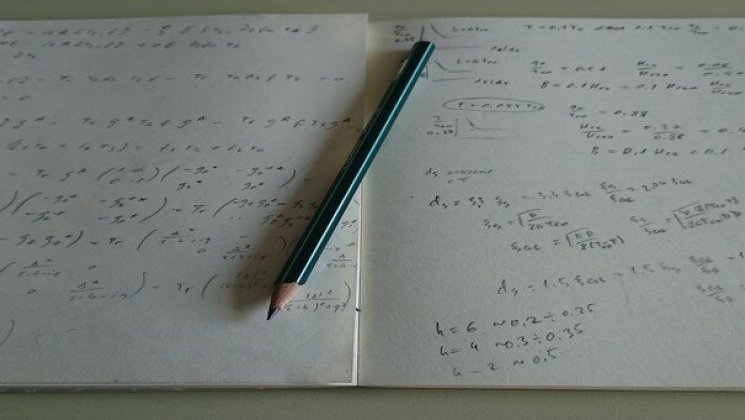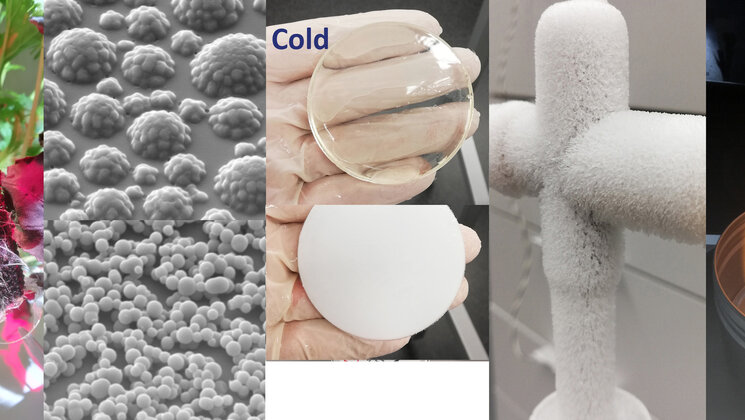Laboratory of Laser Spectroscopy

The activity of Laboratory of Laser Spectroscopy is focused on the investigation of novel materials by using modern using modern possibilities of optical laser spectroscopy.
Core competence of the laboratory:
- Laser Spectroscopy
- Time resolved optical spectroscopy
- Optical spectroscopy at cryogenic temperatures (down to 1.9 K)
- Optical microspectroscopy (Raman and fluorescence)
- Single molecul spectroscopy
- Correlation spectroscopy
- Laser beam shaping
- Plasma-based synthesis of nanomaterials
- Optical properties of doped and lowdimensional anorganic materials
- Computer modelling of optical materials
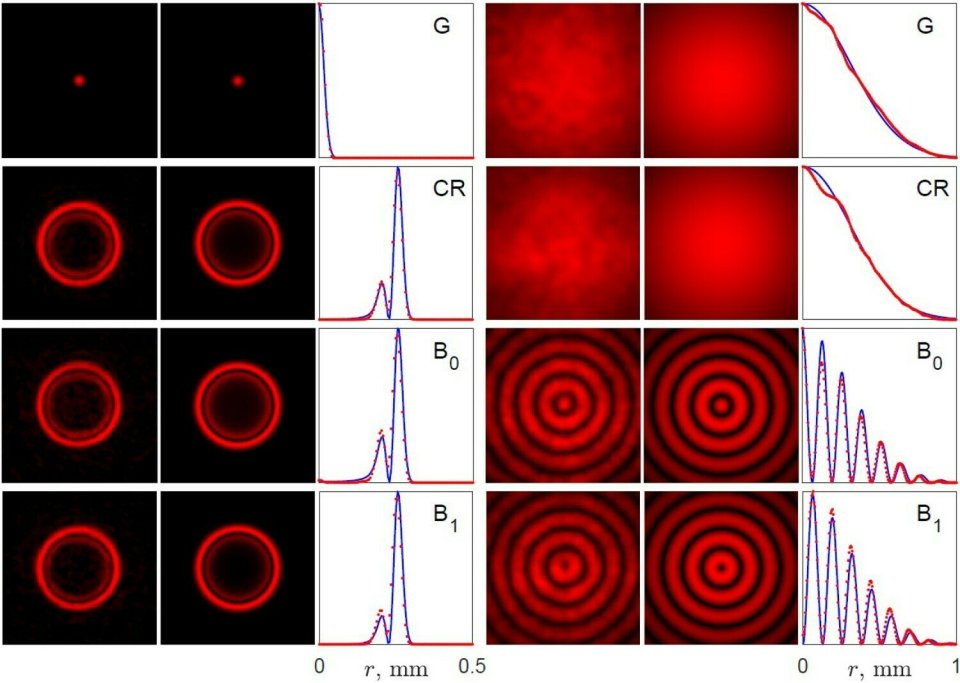
|
Image
| Sven Lange Head of Laboratory, Associate Professor in Optics and Spectroscopy E-mail: sven.lange@ut.ee Phone: +372 737 4718 Office: D304 CV, projects: ETIS Publications: Google Scholar, Scopus Supervision: UT DSpace | |
|
Image
| Yury Orlovskiy Associate Professor in Laser Spectroscopy E-mail: yury.orlovskiy@ut.ee Phone: +372 737 4666 Office: D306 CV, projects: ETIS Publications: ETIS Supervision: UT DSpace | |
|
Image
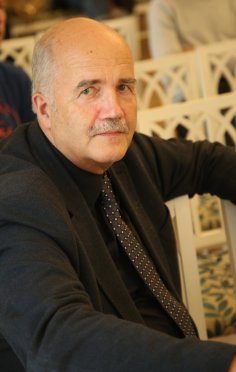
| Jaak Kikas Professor emeritus E-mail: jaak.kikas@ut.ee Phone: +372 737 4608 Office: C305 CV, projects: ETIS Publications: ETIS Presentations: UTTV Teaching: TÜ ÕIS Supervision: UT DSpace | |
| Tanel Tätte Associate Professor in material science E-mail: tanel.tatte@ut.ee Phone: +372 737 4718 Office: D304 CV, projects: ETIS Publications: ETIS Supervision: UT DSpace | ||
|
Image
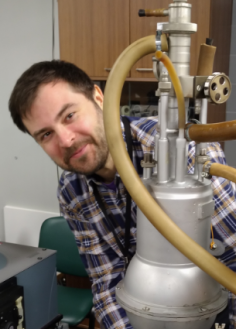
| Leonid Dolgov Associate Professor in Spectroscopy and Sensorics E-mail: leonid.dolgov@ut.ee Phone: +372 737 4742, mobile: +372 58102396 Office: D307 CV, projects: ETIS Publications: ETIS Presentations: NANO-2019, NANO-2020, NANO-2022 Teaching: TÜ ÕIS Supervision: UT DSpace | |
|
Image
| Viktor Peet Associate Professor E-mail: viktor.peet@ut.ee Phone: +372 737 4726 Office: D422 CV, projects: ETIS Publications: Google Scholar, Publons, ORCID Supervision: UT DSpace | |
|
Image
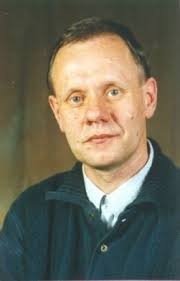
| Ilmo Sildos Associate Professor in Optics and Spectroscopy of Nanomaterials E-mail: ilmo.sildos@ut.ee Phone: +372 737 4613 Office: D301 CV, projects: ETIS Publications: ETIS Teaching: TÜ ÕIS Supervision: UT DSpace | |
| Veera Krasnenko Research Fellow in Material Science E-mail: veera.krasnenko@ut.ee Phone: +372 737 4768 Office: D308 CV, projects: ETIS Publications: ETIS Teaching: TÜ ÕIS Supervision: UT DSpace | ||
| Rein Koch Engineer E-mail: rein.koch@ut.ee Phone: +372 737 4796 Office: CV, projects: ETIS Publications: ETIS Teaching: TÜ ÕIS Supervision: UT DSpace | ||
|
Image
| Laurits Puust Engineer E-mail: laurits.puust@ut.ee Phone: +372 737 4613, mobile: 53599502 Office: D301 CV, projects: ETIS Publications: ETIS Teaching: TÜ ÕIS Supervision: UT DSpace | |
|
Image
| Siim Hödemann Specialist E-mail: siim.hodemann@ut.ee Office: D303 CV, projects: ETIS Publications: ETIS Teaching: TÜ ÕIS Supervision: UT DSpace | |
|
Image
| Aleksei Treštšalov Specialist E-mail: aleksei.trestsalov@ut.ee Phone: +372 737 4615 Office: D405 CV, projects: ETIS Publications: ETIS Supervision: UT DSpace | |
- "Horisont 2020 programm" projekt "Mikrotubulaarsed tahkeoksiidsed kütuseelemendid viimaks mikromõõtmetes"
(2021−2023) MLTFY21132R G. Kelp - Personaalne uurimistoetus "Uued meetodid ja optilised elemendid laseri kiirtekimbu kujundamiseks" (2017-2020) PUT1504 V. Peet.
- Personaalse uurimistoetuse rühmagrant "Haruldaste muldmetallide lisandioonide klastrite põimolekute spektroskoopia kvantarvutite jaoks" (2019-2023) PRG347 Y. Orlovskiy.
- Y. Orlovskii, H. Gross, E. Vinogradova, V. Boltrushko, V. Hizhnyakov, "Spectroscopic evidence of cooperative (entangled) quantum states of Nd3+ ion pairs in Nd3+: LaF3 crystal", Journal of Luminescence (2020)
- S. Heinsalu, O. Fesenko, A. Treshchalov, S. Kovalchuk, A. Yaremkevych, V. Kavelin, L. Dolgov, "Silver nanoparticles with reduced graphene oxide for surface-enhanced vibrational spectroscopy of DNA constituents",Applied Nanoscience (2019)
- Y. Orlovskii, A. Popov, E. Orlovskaya, A. Vanetsev, E. Vagapova, M. Rähn, V. Sammelselg, I. Sildos, A. Baranchikov, P. Grachev, V. Loschenov, A. Ryabova, "Comparison of concentration dependence of relative fluorescence quantum yield and brightness in first biological window of wavelengths for aqueous colloidal solutions of Nd3+: LaF3 and Nd3+: KY3F10 nanocrystals synthesized by microwave-hydrothermal treatment", Journal of Alloys and Compounds (2018)
- A. Treshchalov, H. Erikson, L. Puust, S. Tsarenko, R. Saar, A. Vanetsev, K. Tammeveski, I. Sildos, "Stabilizer-free silver nanoparticles as efficient catalysts for electrochemical reduction of oxygen", Journal of Colloid and Interface Science (2017)
- A. Vanetsev, K. Kaldvee, L. Puust, K. Keevend, A. Nefedova, S. Fedorenko, A. Baranchikov, I. Sildos, M. Rähn, V. Sammelselg, Y. Orlovskii, "Relation of crystallinity and fluorescent properties of LaF3:Nd3+ nanoparticles synthesized with different water based techniques", ChemistrySelect (2017)
- A. Treshchalov, S. Tsarenko, T. Avarmaa, R. Saar, A. Lõhmus, A. Vanetsev, I. Sildos, "He/H2 Pulsed-Discharge Plasma as a Tool for Synthesis of Surfactant-Free Colloidal Silver Nanoparticles in Water", Plasma Medicine (2016)
- U. Rocha, J. Hu, E. Rodríguez, A. Vanetsev, M. Rähn, V. Sammelselg, Y. Orlovskii, J. Solé, D. Jaque, D. Ortgies, "Subtissue Imaging and Thermal Monitoring of Gold Nanorods through Joined Encapsulation with Nd-Doped Infrared-Emitting Nanoparticles", Small Willey SHV (2016)
- I. Vlasov, A. Shiryaev, T. Rendler, S. Steinert, S. Lee, D. Antonov, M. Vöroös, F. Jelezko, A. Fisenko, L. Semjonova, J. Biskupek, U. Kaiser, O. Lebedev, I. Sildos, P. Hemmer, V. Konov, A. Gali, J. Wrachtrup", Molecular-sized fluorescent nanodiamonds",NATURE NANOTECHNOLOGY (2014)
- O. Acik, L. Dolgov, M. Krunks, A. Mere, V. Mikli, S. Pikker, A. Loot, I. Sildos, "Surface plasmon resonance caused by gold nanoparticles formed on sprayed TiO2 films",Thin Solid Films (2013)

- Elena Vinogradova 2023
- Ekaterina Vagapova 2021
- Siim Hödemann 2019
- Ardi Loot 2018
- Aleksandr Gurev 2018
- Vladimir Kondratiev 2017
- Kathriin Utt 2016
- Mihkel Rähn 2015
- Elena Samsonova 2015
- Siim Pikker 2014
- Sven Lange 2010
- Veera Krasnenko 2008
- Martti Pärs 2008
- Valter Kiisk 2006
- Kristjan Leiger 2002
- Valter Zazubovich 1999
- Andres Osvet 1998
- Olavi Ollikainen 1996
- Mark Aizengendler 1992
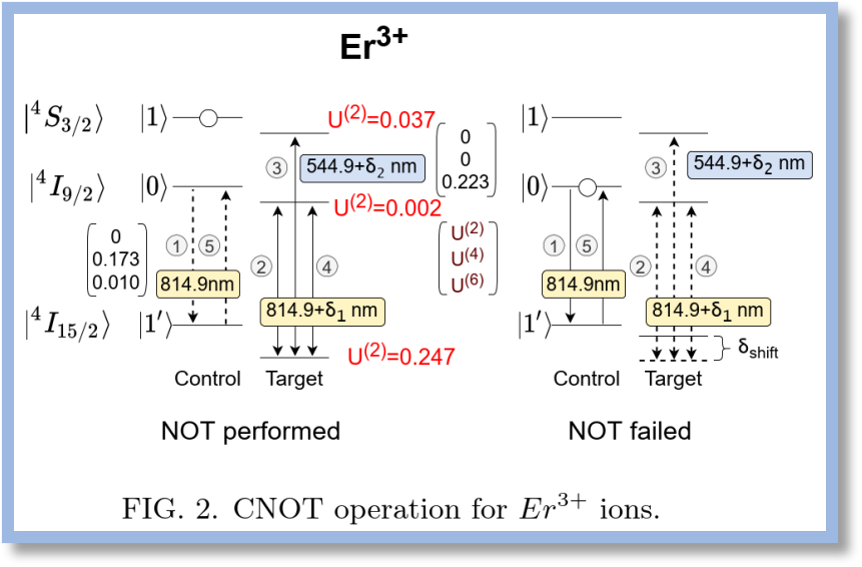
As a result of joint work on the PRG347 project “Spectroscopy of entangled states of clusters of rare-earth impurity ions for quantum computing”, the Laboratories of Laser Spectroscopy and Solid State Theory of the Institute of Physics of the University of Tartu proposed a design and a way to create a new type of optical quantum computers - ultrafast quantum computers with qubits (quantum bits) of optical frequencies without using a magnetic field. The working element of such computers can be microcrystals synthesized on the basis of mixed optical fluoride crystal matrices doped with praseodymium, neodimium, erbium, and thulium ions. Such crystal matrices are commonly used as active elements for lasers. Methods for controlling quantum logic gates (CNOT) and some others using laser pulses are proposed, allowing quantum computing at high speed. Due to the ultra-fast working cycle, the developing quantum computers will make it possible to overcome the main difficulties arising in the creation of quantum computers associated with the short coherence time of qubits. The experimental work is in progress.


